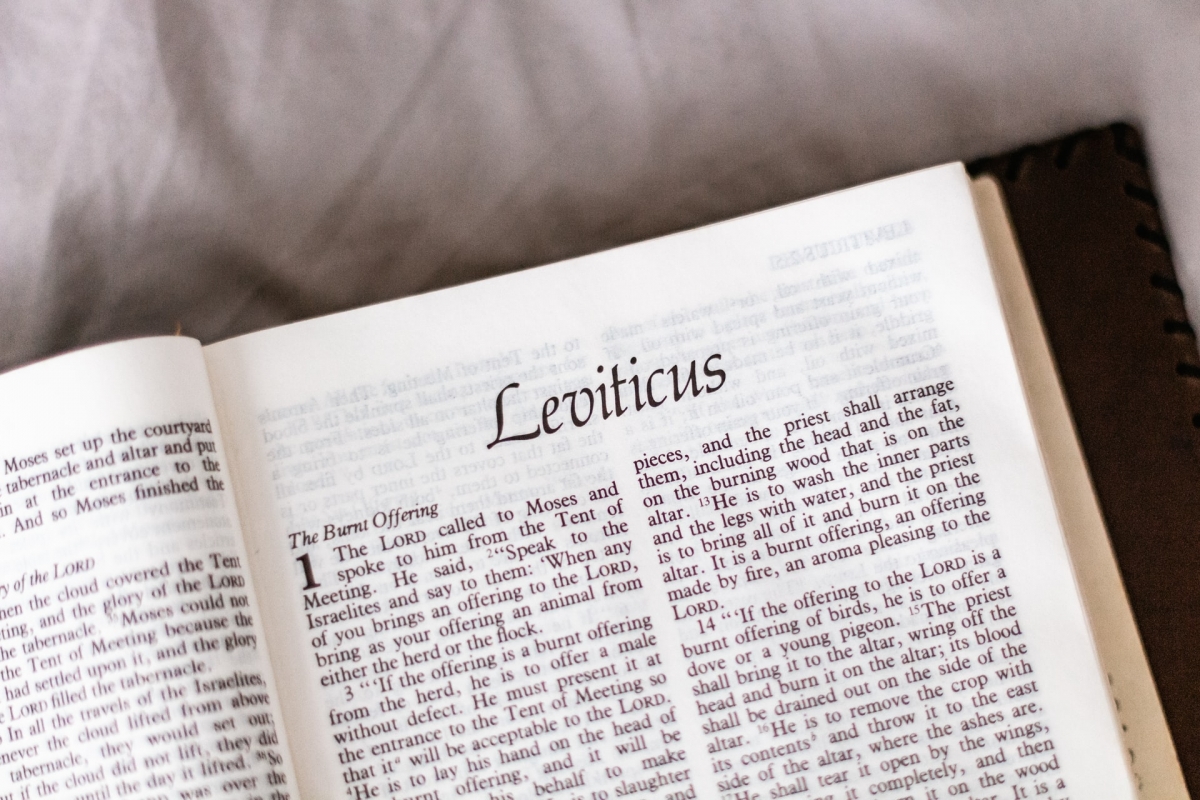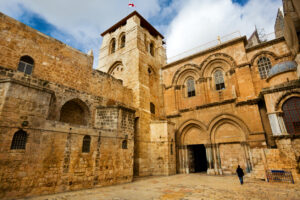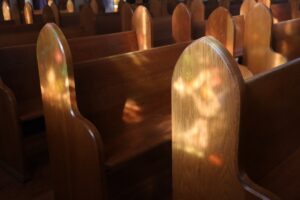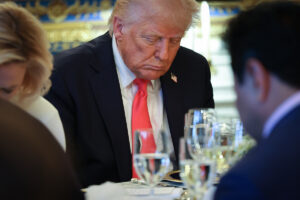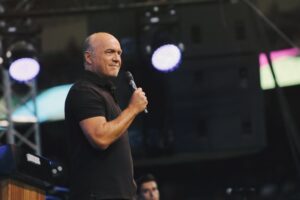
Irene Lancaster, a scholar in Hebrew studies, delves into the Jewish education system and how it can inform modern educational practices, placing emphasis on the development of the soul.
The Jewish tradition holds that a child’s education in the Bible begins with the Book of Leviticus, aligning the purity of children with teachings about purity. As the Jewish month of Nissan ushers in, marking the start of spring and leading up to Pesach, the focus shifts to purification and renewal, echoing the themes of rebirth from the Exodus.
A recent publication about Rav Abraham Isaac Kook, a prominent Jewish leader, aligns with this theme of renewal. Rabbi Dr. Marc Shapiro’s new book, titled ‘Renewing the Old Sanctifying the New: The Unique Vision of Rav Kook‘ from the Littman Library of Jewish Civilization, underscores Rav Kook’s innovative ideas.
Rav Kook, born in 1865 in Latvia, emerged as a visionary figure in Jewish thought, often seen as a prophet of modern times. Having moved to Jaffa, Israel in 1904, he aimed to revolutionize Jewish education by integrating contemporary scientific insights and a broader curriculum.
During WWI, Rav Kook found himself in Germany but relocated to Switzerland and thereafter to London, where he advocated for the 1917 Balfour Declaration. His tenure as the first Ashkenazi Chief Rabbi in Palestine under British Mandate further solidified his influence.
Rav Kook’s educational philosophy emphasized the importance of physical exercise and incorporated scientific advancements into Jewish teachings. He believed in a comprehensive curriculum that went beyond traditional Talmudic studies to include diverse subjects like science, philosophy, and ethical teachings.
His educational reforms were designed to keep Jewish education inclusive, moving beyond a narrow focus on the scholarly elite. He advocated for a curriculum that would cater to all, encouraging a holistic approach to learning.
Rav Kook’s Merkaz Ha-Rav school in Jerusalem became a practical example of his educational vision. Shear Yashuv Cohen, a notable student, recounted his experiences: “The Nazir [Shear Yashuv’s father] felt that the building of one’s spiritual character also required the study of secular studies, so as to create the completeness that includes both Torah [Jewish learning] and general education…”.
At Merkaz Ha-Rav, students were exposed to a curriculum that included both religious and secular education, fostering a well-rounded intellectual environment. Rabbi Charlap, a key educator, emphasized the importance of non-legal Talmudic texts, comparing them to the ‘soul of Torah’.
Rav Kook’s educational methods, as detailed in Shapiro’s book, remain relevant, advocating for an education that nurtures the entire person, including the soul. Such an approach could pave the way for constructive dialogues with modern secularists and revitalizing contemporary societal values.
Shapiro’s book is recommended for those interested in Jewish and Christian educational perspectives, offering insights that are both enlightening and applicable to today’s challenges.
This article was originally written by www.christiantoday.com

